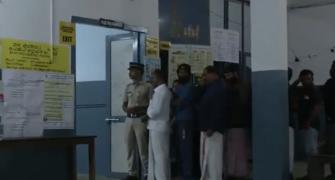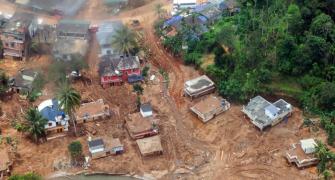"SEZ tax inducements are expensive, and come at a time when the government is struggling to provide adequate infrastructure in the wider economy", the Asian Development Outlook 2007 said, adding that tax breaks are "unnecessary".
The government, according to the National Institute of Public Finance and Policy estimates, is expected to lose about Rs 1,00,000 crore (Rs 1000 billion) in revenue on account of fiscal concessions to SEZs. The central government as on October 20, 2006 had given 403 formal or in principle approvals for new SEZs.
Special tax incentives will also open loopholes for tax evasion and undermine investments in firms located outside the SEZs, the Outlook said, adding that they will suffer from "worse infrastructure and higher taxes."
Better infrastructure and greater bureaucratic efficiency in SEZs, it said, would be sufficient to stimulate investment from potential investors.
Referring to the issue of rehabilitation of displaced persons, the Outlook said: "Some of the loudest political opposition to SEZ projects comes from the landless, who may not receive compensation for the land conversion and who lack the capital to become self-employed."
India's great rush for SEZs







